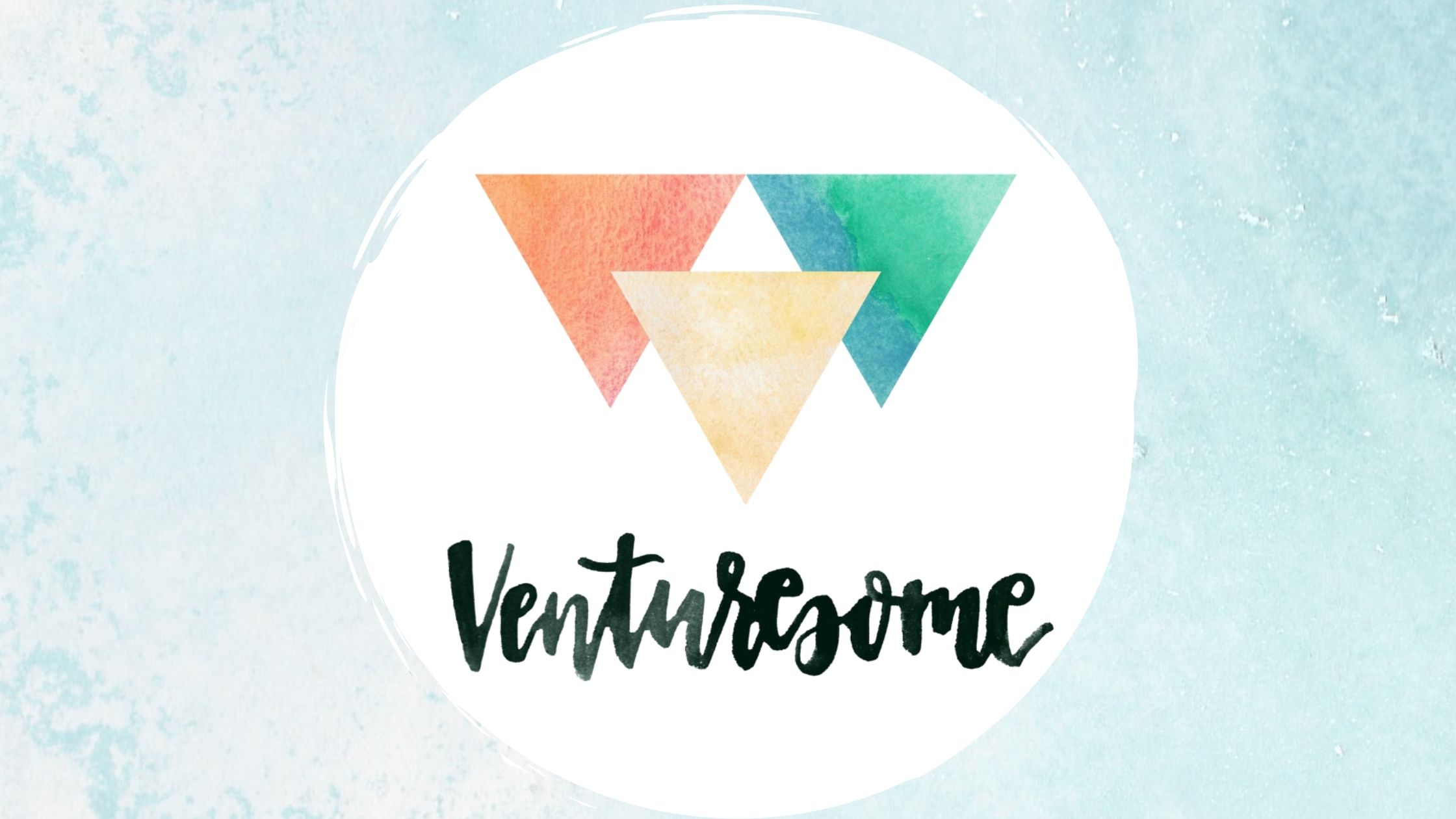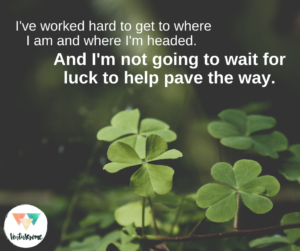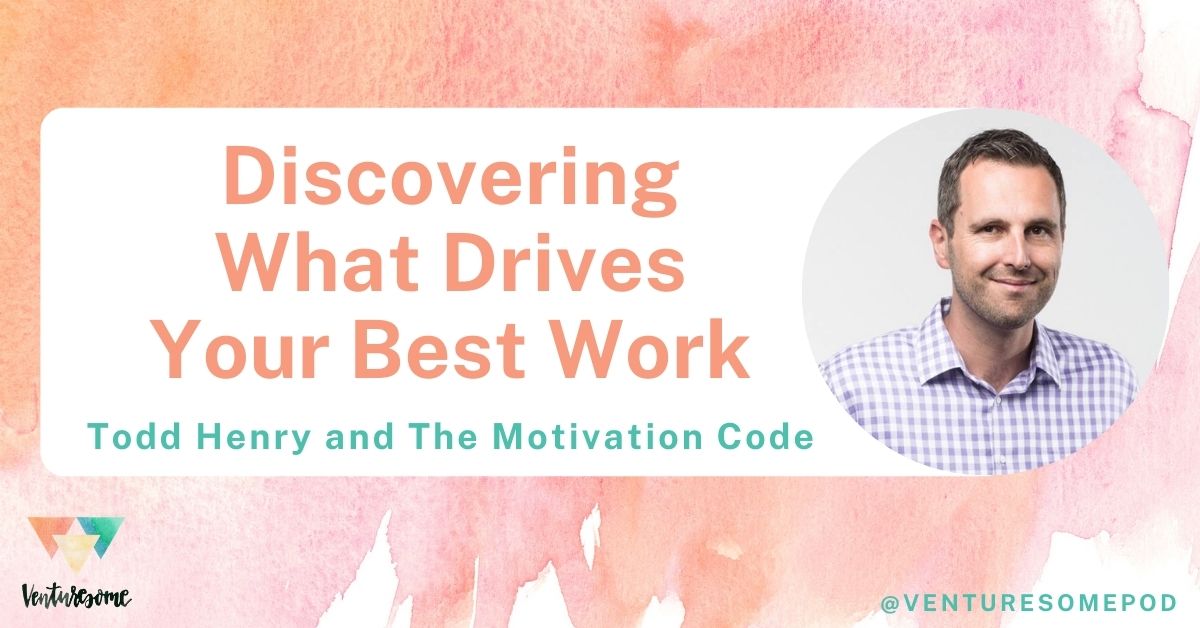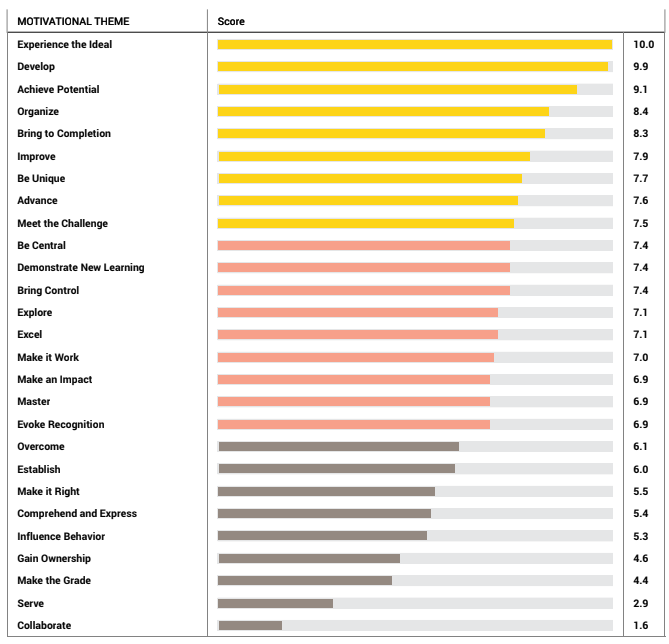
“Do you think you’re lucky?”
As I sat in the dark conference room with the vice president of the company, I was caught off guard. I had expected “Tell me about yourself” and “What’s your greatest weakness?”
But not this question. This wasn’t on the handout from the Career Services office.
I was finishing my junior year of college and seeking my second internship. At a professional development event, a Central Michigan University professor introduced me to an alumna. The woman, who had graduated from CMU a few years before me, brought me in to meet the CEO and president to discuss the possibility of spending my summer as their intern.
The harsh overhead lighting and our stiff suits made this interview feel more like an FBI interrogation rather than an internship interview. I paused, thinking about the question.

“No,” I said. “I don’t think it’s luck.”
When I was 13, I worked all summer to save enough to buy my first computer. As a first-generation college student, I’d navigated my way to and through college on my own. I balanced a part-time job on campus while taking up to 18 credits each semester. In addition, I sought every opportunity to gain hands-on experience, including writing for the student newspaper, working for the student-run PR firm and joining PRSSA committees.
I started a blog. I volunteered my budding PR skills to nonprofits, writing brochures and creating websites. I even spent nearly a year working up to 70 hours a week as a carriage driver through 90 degree heat, pouring rain and snowstorms to help pay for college.
To get to that conference room interview, I had worked hard, made sacrifices and raised my hand for every opportunity. I refused to give up or give in, and embraced experimenting, learning and rejection.
“The harder I work, the more luck I have,” I added as the president nodded encouragingly.
The best interview questions catch you a bit off guard. They make you sweat a bit and you have to choose if you’ll bravely tell the truth or if you’ll water down your answer to what’s expected. Your honest, raw response is what the interviewer wants to see. And, if they don’t like your answer, you have to question whether or not it’s a place you’d want to work.
As I reflect on this moment 12 years ago, I realize one thing has stayed the same:
I’ve worked hard to get to where I am and where I’m headed. And I’m not waiting for luck to pave the way.


